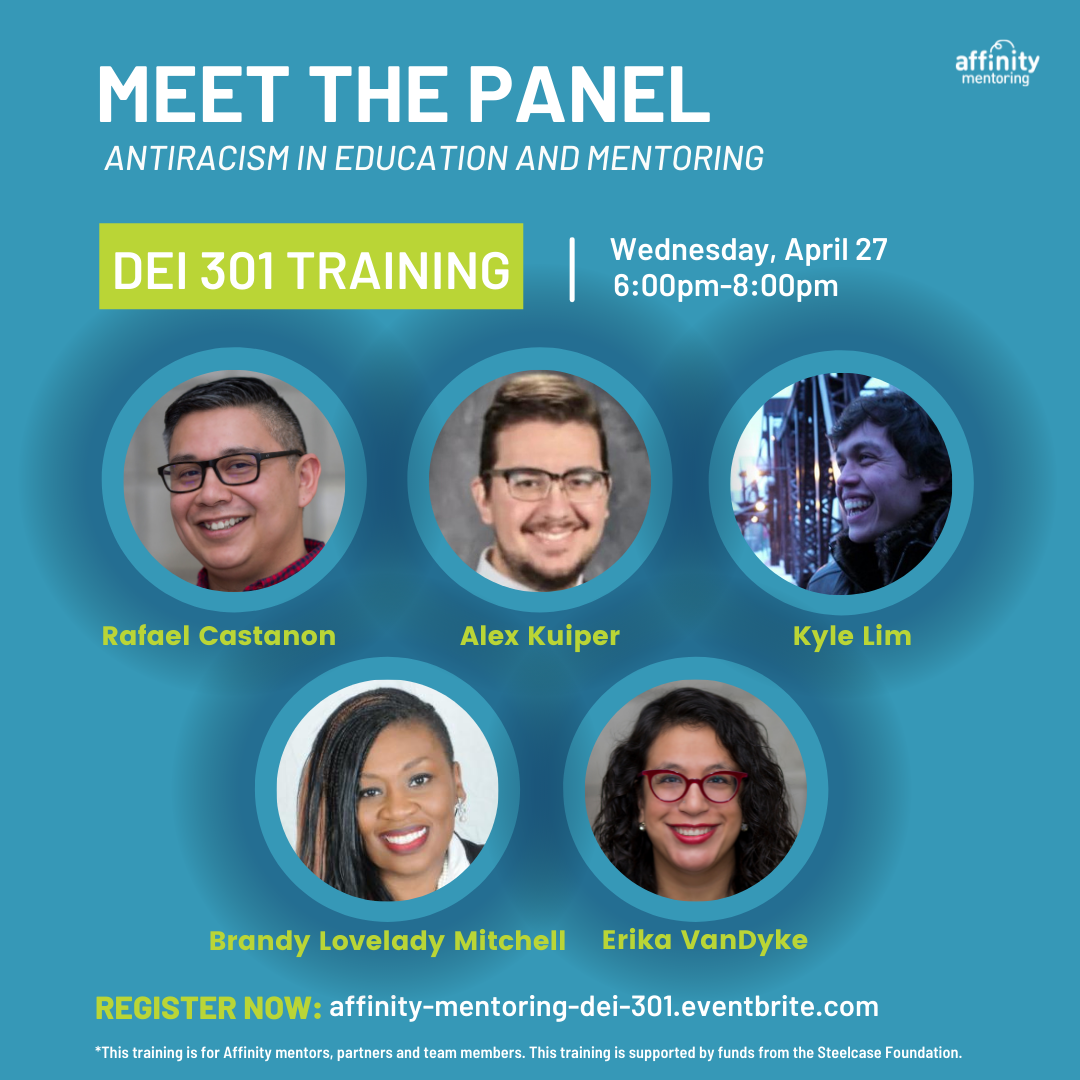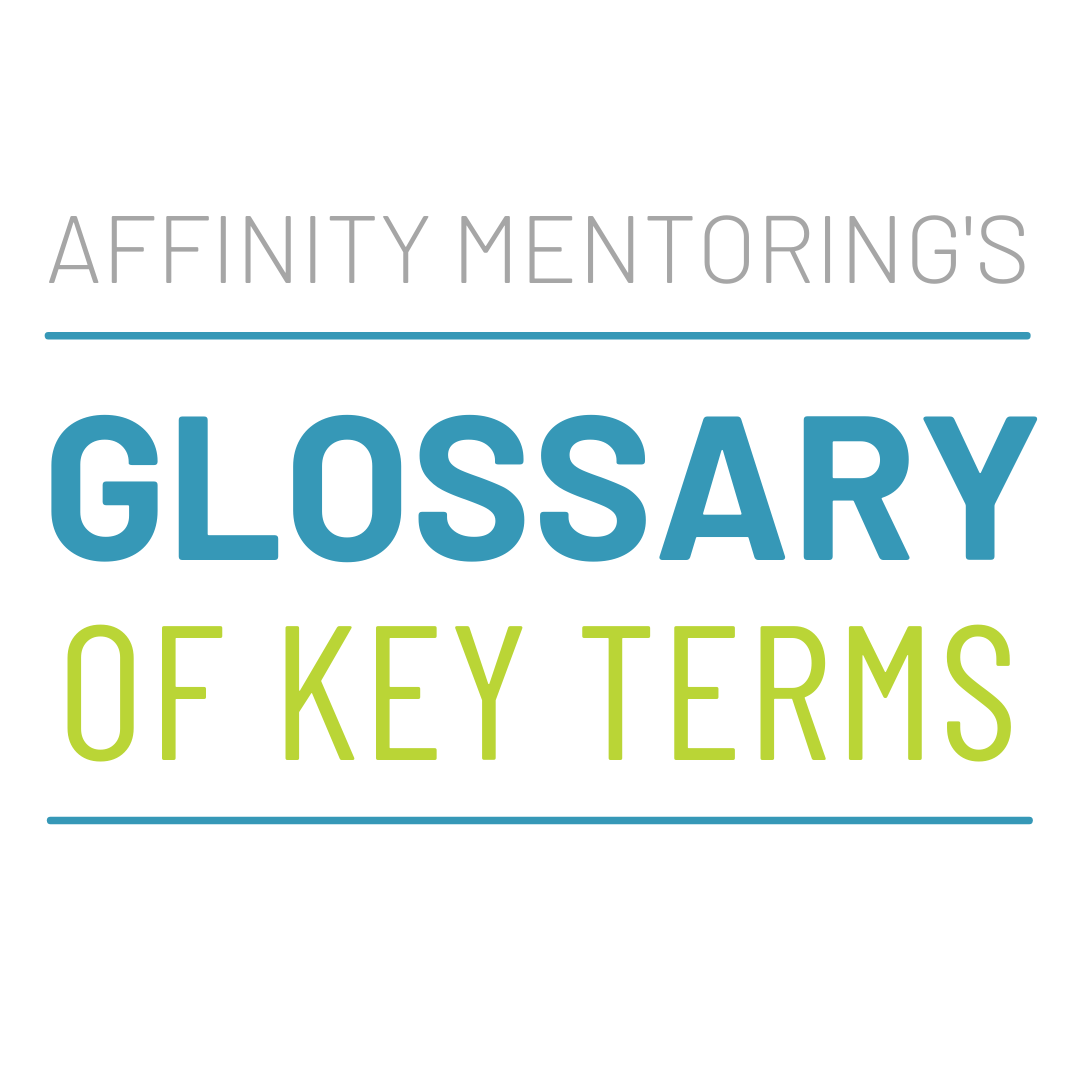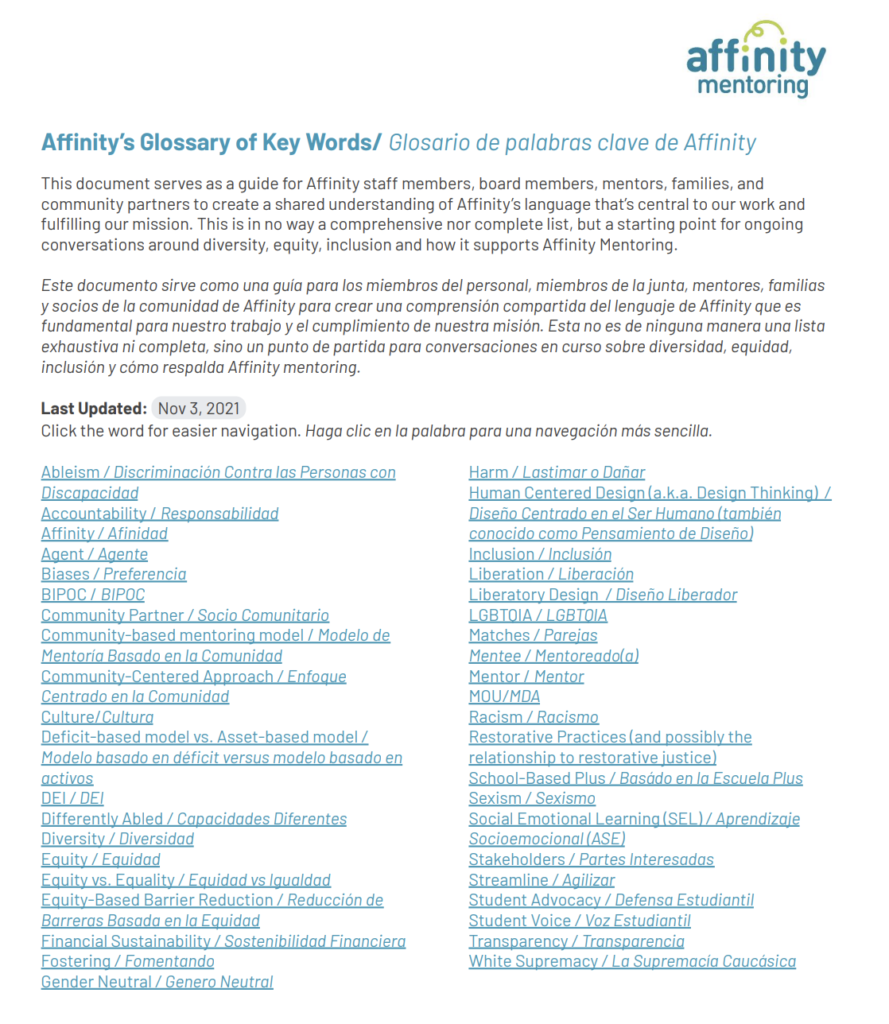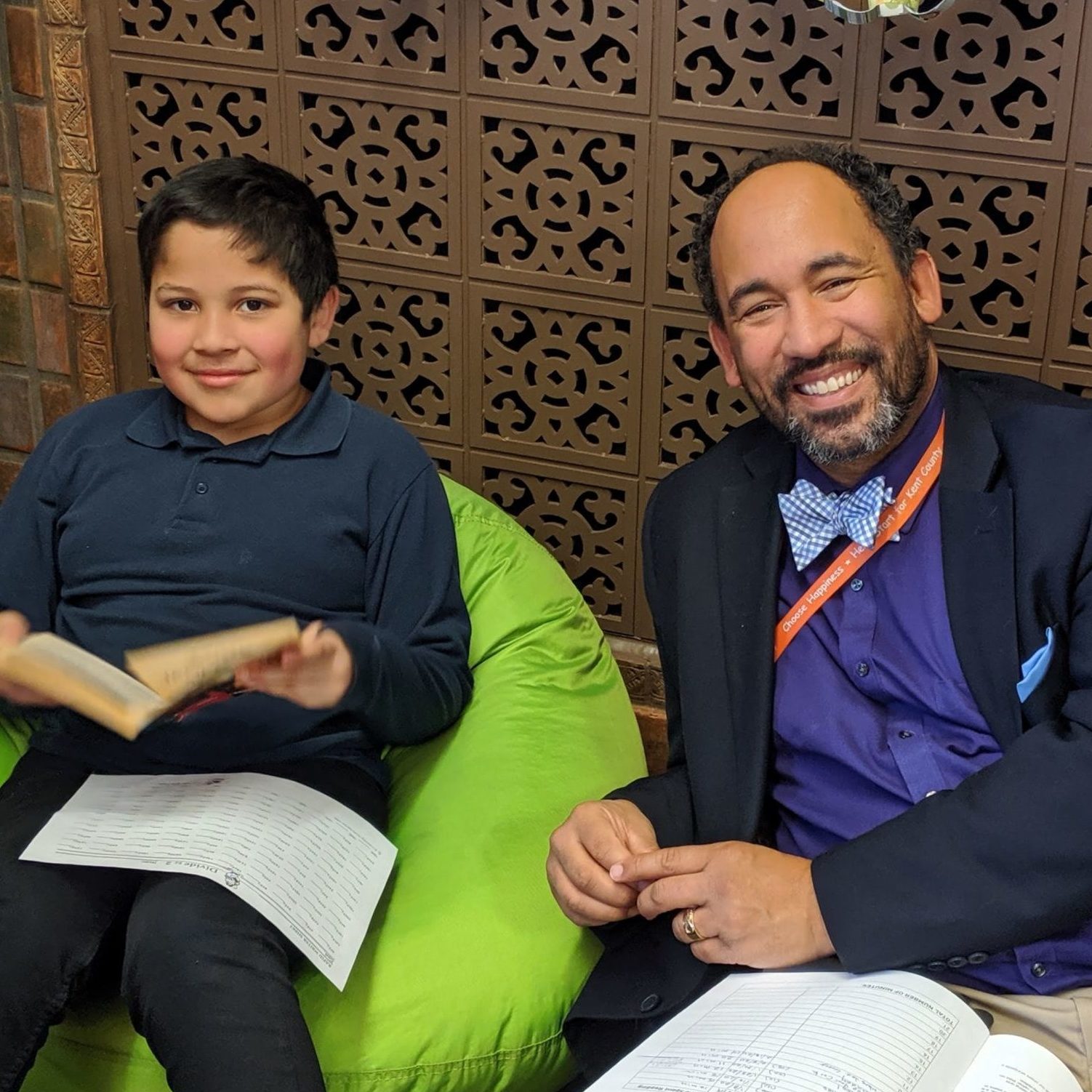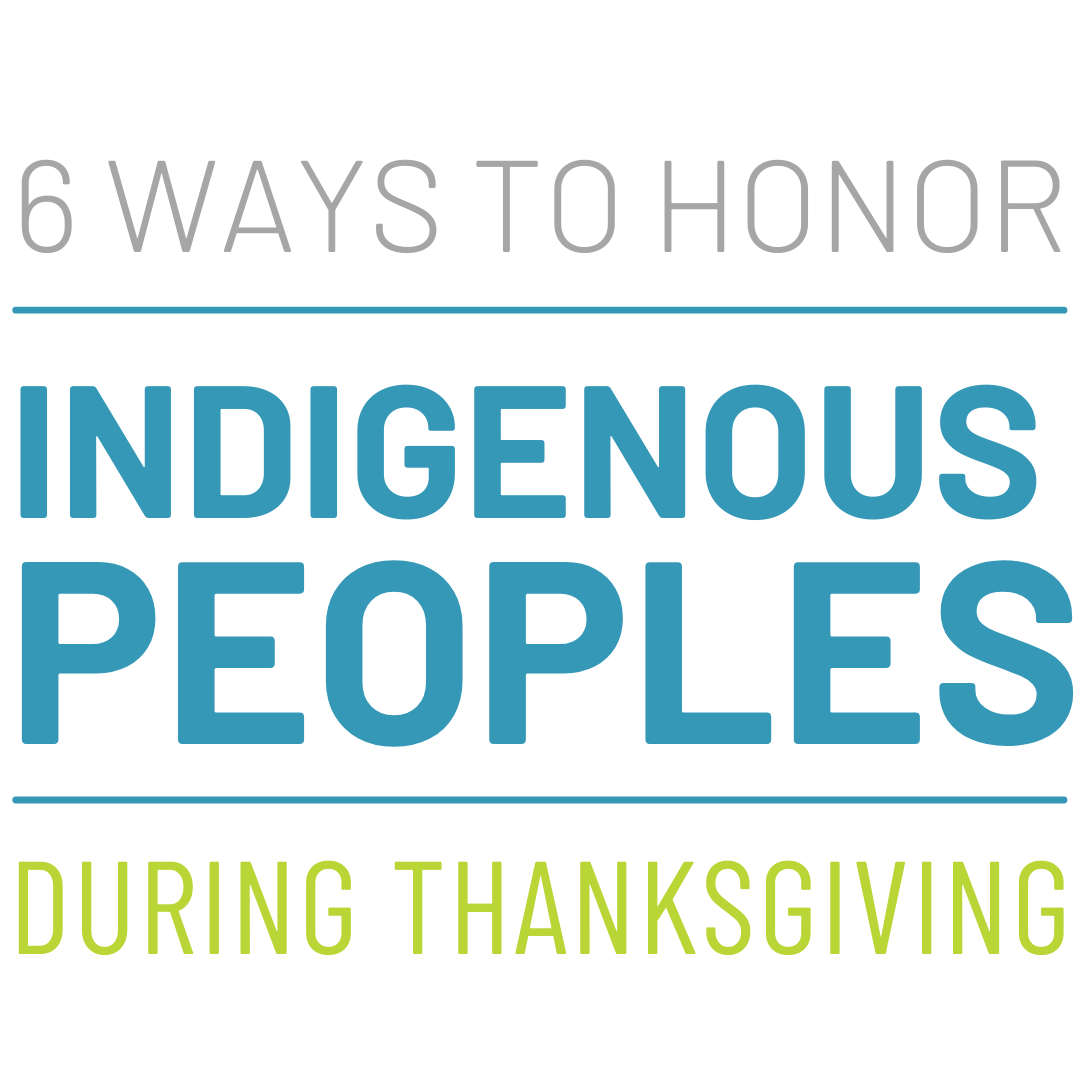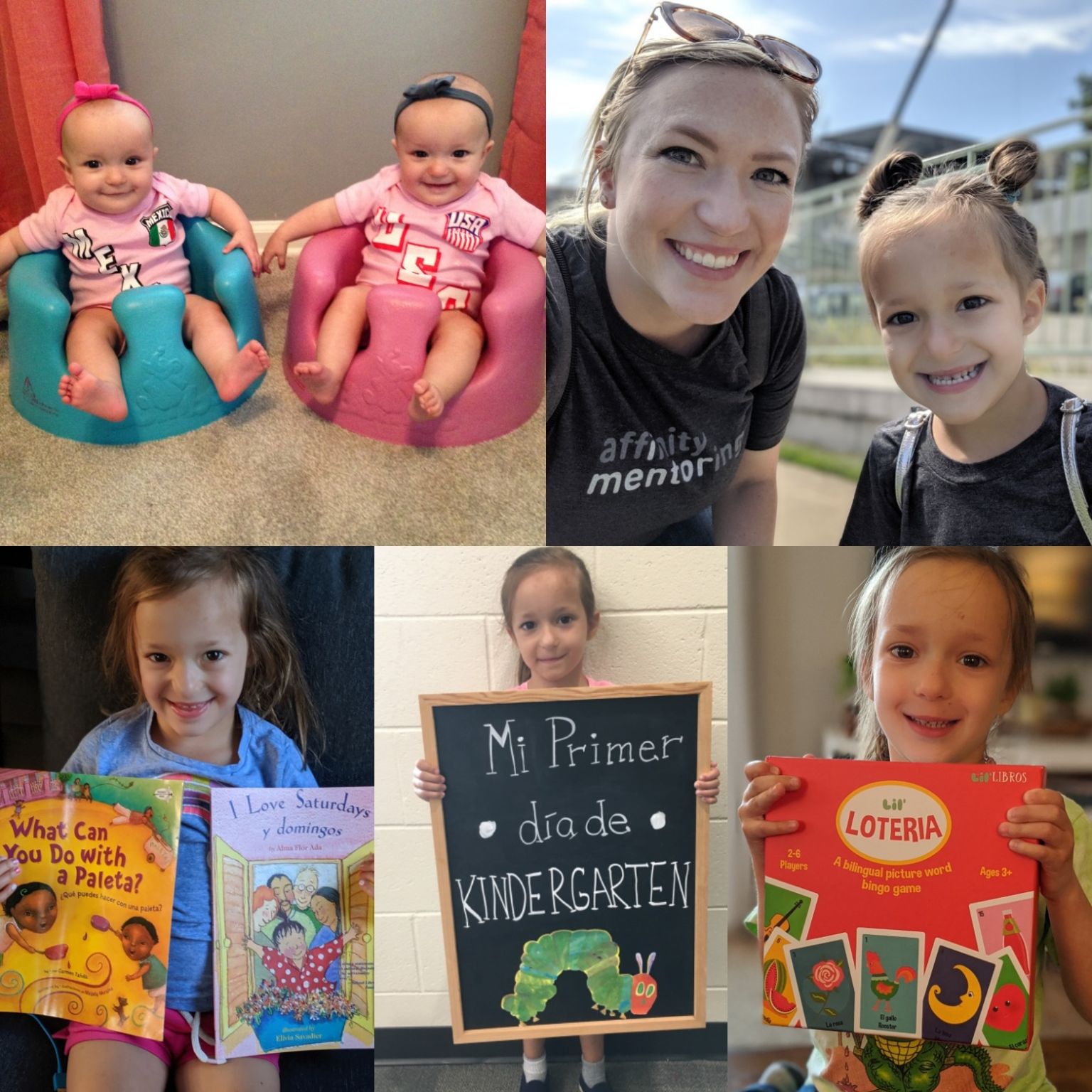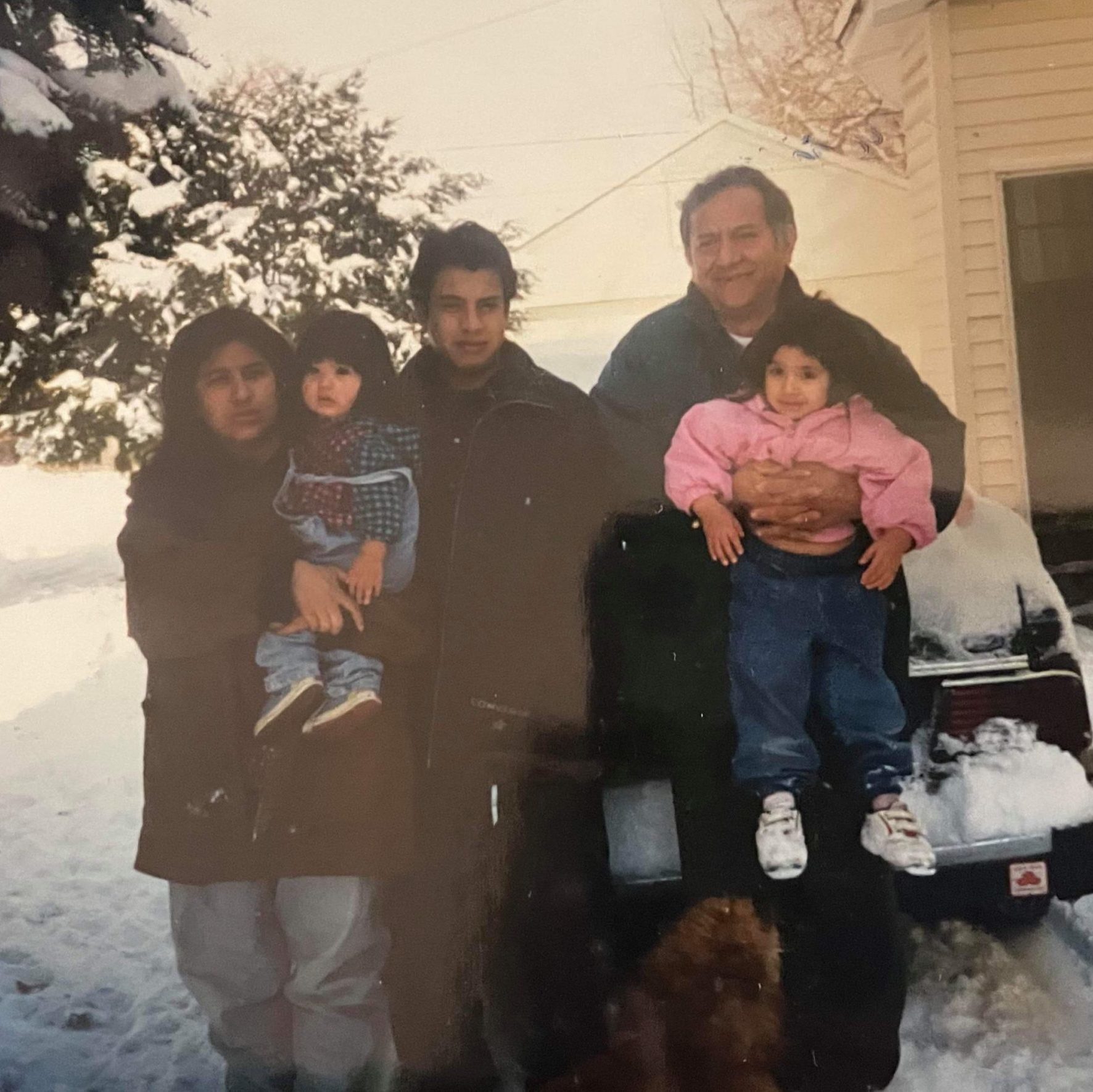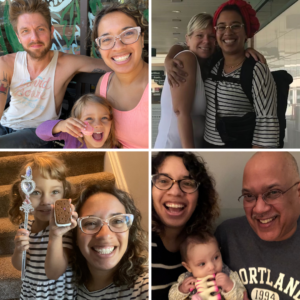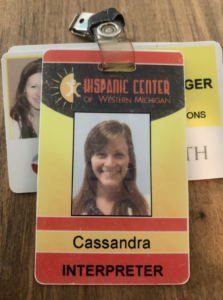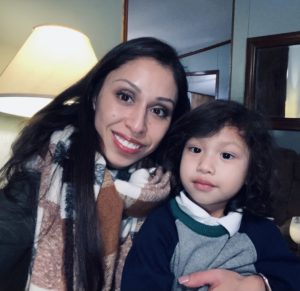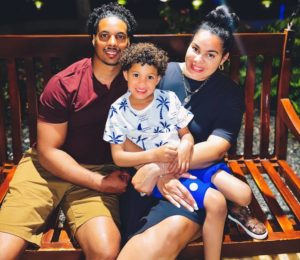February 7, 2022
Affinity Mentoring, with support from the Steelcase Foundation, has released its 2022 lineup for Diversity, Equity, and Inclusion (DEI) Training. All current mentors, partners, and team members may participate.
This training series focuses on Anti-Racism and will include 101, 201, and 301 levels. We will allow up to 35 individuals to participate in person on a first come first serve basis. Individuals will also be able to choose to participate virtually, with a cap at 50 total individuals both in-person and online.
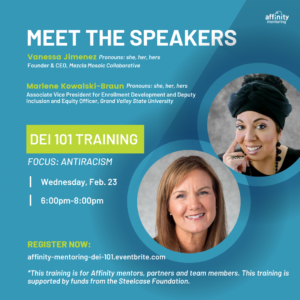 DEI 101
DEI 101
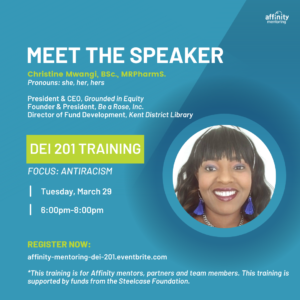 DEI 201
DEI 201
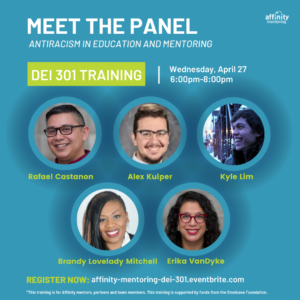 DEI 301
DEI 301
| DEI 101: Anti-Racism Date: 2/23 6-8pm Location: Goei Center Meet the Speakers: – Vanessa Jimenez; Founder/CEO of Mezcla Mosaic Collaborative – Marlene Kowalski-Braun; GVSU Associate VP for Enrollment Development Deputy Inclusion and Equity Officer RSVP |
| DEI 201: Anti-Racism Date: 3/29 6-8pm Location: Goei Center Meet the Speaker – Christine Mwangi; CEO and Founder of Grounded In Equity, President and CEO of Be A Rose, member of the Affinity Mentoring Board of Directors, and KDL Director of Fund Development. *This training is a 201 training; we highly recommend that if you have never attended any professional, intentional anti-racism training that you first attend the 101 training offered on 2/23 before attending this 201 training. RSVP |
| DEI 301: Anti-Racism Date: 4/27 6-8pm Location: Goei Center This is a hyper-local panel focused on anti-racism in education and mentoring; we highly recommend that if you have never attended any professional, intentional anti-racism training that you first attend the 101 training offered on 2/23. Meet the Panelists – Rafael Castanon; Health Net of West Michigan (and AM mentor), – Alex Kuiper; Godfrey-Lee Public Schools, – Kyle Lim; Urban Core Collective, – Brandy Lovelady Mitchell; Kent ISD’s Office of Diversity, Equity and Inclusion – Erika VanDyke; Urban Core Collective (and an AM mentor). RSVP |

